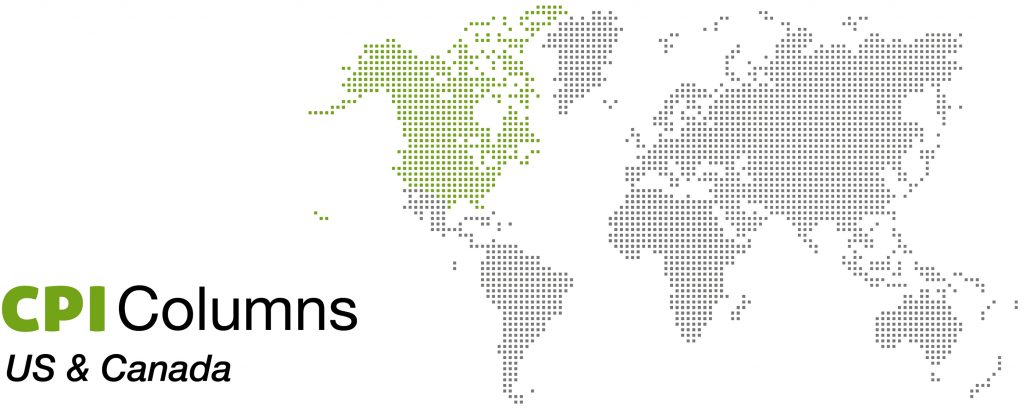
By Michal Halperin1
The recent baby formula crisis has shown the weaknesses of a market in which 80% of production is controlled by two companies with monopolies in several locales. That is why a recall by one, Abbot Laboratories, created a critical shortage of formula for American infants. This concentrated market structure is not necessarily the outcome of antitrust violation. It is rather the creation of the government itself. Therefore, when the FTC launches its investigation of the market2 it should aim to correct the way the government itself harms competition.
The lack of competition in the baby formula market is in a large part created by the Federal Women, Infants and Children (WIC) program. WIC offers supplemental nutrition for 7 million low-income families and grants exclusive rights to a single company to supply formula in return for discounted pricing. The challenge is that whoever wins the contract dominates the market. The exclusive rights bring concentration and in turn create a vulnerable market. As Walt Kelly said: “We have met the enemy and he is us.” More specifically, in this case, “us” is the US government.
I know this because of my personal experience. For five and a half years, I was the head of the Israeli Competition Authority. We worked to enhance competition in highly concentrated markets, including the baby formula market.
Similar to the US, the Israeli baby formula market is dominated by few competitors with the two biggest competitors holding more than 80% of the market. The similarities to the current US circumstances are striking and suggest similar conclusions could apply.
The Israeli Agency learned that the dominance of certain suppliers of formula could be traced all the way back to the hospital maternity wards. After birth, many babies receive baby formula until their mother feels fit to breastfeed or until she is released from the hospital and, if not breastfeeding, takes the responsibility of providing the baby with formula. The hospitals used to provide newborns with a single brand of baby formula and the identity of the brand was determined through a public bid led by the hospitals, most of which are publicly owned. The bid was based on which formula provider would pay the hospitals the highest sum for the privilege to provide baby formula exclusively. It was surprising to see how much the baby formula companies were willing to pay for such exclusivity.
Through the Agency’s investigation, it became clear that parents of babies who received baby formula at the hospital were highly unlikely to switch to a different formula brand. Parents felt that it was too risky to change what worked well for their baby and they were willing to pay higher prices to avoid the switch. Winning the hospitals’ bid for formula turned out to be the gateway to control the market. It is very similar to the way to the Federal WIC bid has created local monopolies in the US. In a market where parents are reluctant to switch from one brand to the other, this monopoly creates extreme dependence and fragility in the market.
What can be done? In Israel, we convinced the Ministry of Health—which regulates the hospitals —to support a consent decree that abolished the exclusivity arrangements and forced hospitals to offer three choices of baby formula to the parents. Research conducted by the Competition Authority a few years later showed that almost all hospitals in Israel abided by the decree. This reduced the barriers of entry to the markets for other competitors.
The key, therefore, is in understanding the dynamic of the market, what motivates consumers (spoiler: not necessarily the price) and what allows companies to maintain their dominance. Not every competition problem is caused by a violation of antitrust laws and enforcement is not always the most effective solution. In many cases, convincing a governmental agency to introduce competition to the market can efficiently solve a problem in a short period of time.
The shortage in baby formula in the US should be seen as an opportunity to re-examine what the government does to create a market with little or no competition so that this issue can be corrected. The FTC may well learn from experiences of other countries to promote competition quickly, effectively, and creatively without necessarily using enforcement tools. The Israeli example shows that when the “enemy is us,” meaning our government, there is an opportunity for conceiving an effective and impactful intervention to enhance competition in the market.
Click here for a PDF version of the article
1 Senior Fellow at Harvard Kennedy School (Mossavar – Rahmani Center) and former General Director of the Israeli Competition Authority.
2 https://www.ftc.gov/news-events/news/press-releases/2022/05/federal-trade-commission-launches-inquiry-infant-formula-crisis.





